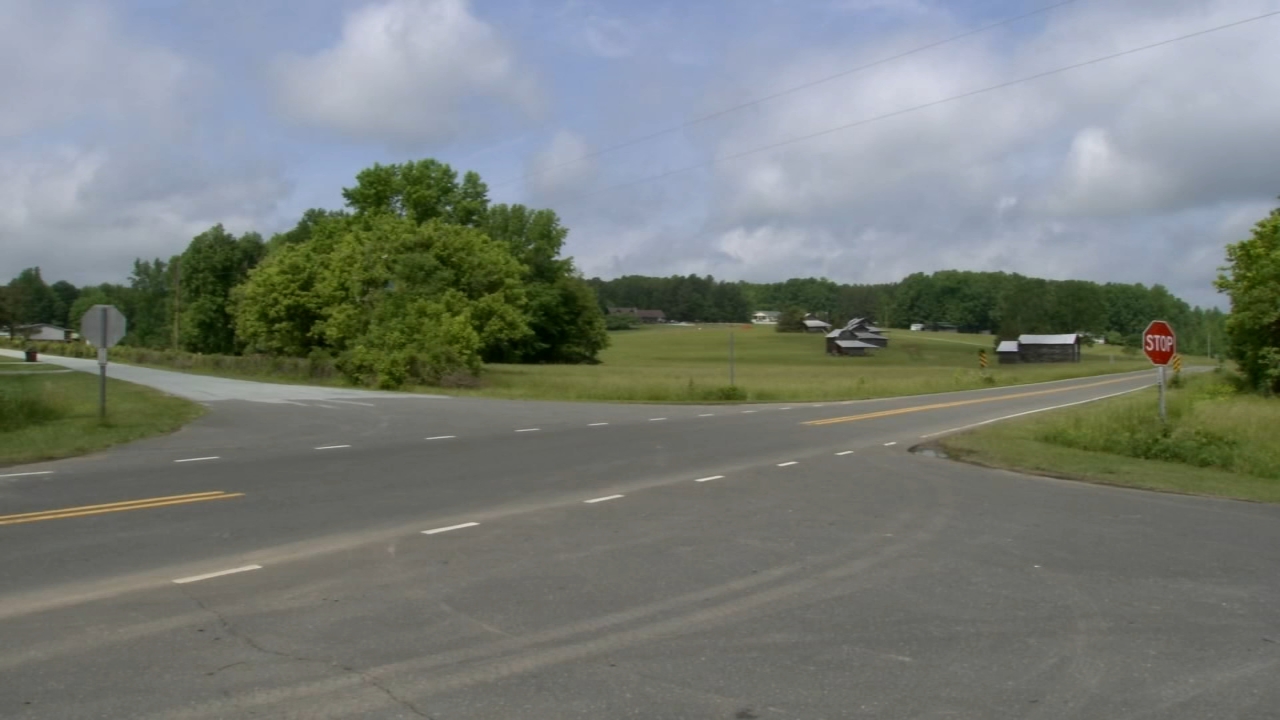Forensic genealogy group helps Cumberland County investigators crack 21-year-old cold case
RALEIGH, N.C. (WTVD) -- A popular genealogy website helped crack a cold case murder of a baby from 21 years ago.
"Baby Michael" was not even a day old when a Fort Bragg Soldier found him dead inside a plastic bag on the side of Canady Pond Road on March 3, 1999. The baby's umbilical cord was still attached.
Bode Technology, the largest private DNA forensic lab in the country based out of Virginia helped the Cumberland County Sheriff's Office solve the case. Cumberland County investigators said 'forensic genealogy' led to the arrest of the baby's mother.
"Traditional forensic DNA testing was unable to identify or provide investigative leads in this case," said Andrew Singer, vice president of marketing and sales for Bode Technology. They were able to help analyze Baby Michael's DNA leading to the arrest of 54-year-old Deborah Riddle O' Conner in Burke County. She was charged with first-degree murder.
Similar genealogical testing was used to help lead to the arrest of the suspected killer in the 'Golden State Killer' case in 2018.
RELATED: DNA that cracked 'Golden State Killer' case came from genealogy websites
"Rather than traditional forensics where you're looking at a one-to-one match evidence to an individual, you're able to establish more familial relationships to try and identify the unknown," Singer said.
Bode takes information from a "spit in the tube" type of test and uses its own genealogist. From unknown evidence, the forensic lab is able to get a profile to compare to individuals who have voluntarily done similar testing.
"There are databases out there and people have voluntarily put their profiles in," Singer said.
RELATED: 23andMe: DNA testing unlocks ancestry but beware of potential drawbacks
The forensic group said it will use information from a site like "Family Tree DNA" only if a person has 'opted in.' Law enforcement will not comb through ancestry websites like Ancestry.com and 23 and Me.
A company spokesperson for Ancestry.com issued this statement:
Protecting our customers' privacy and being good stewards of their data is Ancestry's highest priority. Not only will Ancestry not share customer information with law enforcement unless compelled to by valid legal process, such as a court order or search warrant, we will also always advocate for our customers' privacy and seek to narrow the scope of any compelled disclosure, or even eliminate it entirely.
Sara Katsanis, an assistant profess of pediatrics at Northwestern University, believes the question moving forward will be how often will the forensic genealogy approach be used to find random people who may or may not have been collected.
"I think it's important to distinguish this approach from consumer genomics because it's been apparent in the last two years that as people see more and more of these cases cropping up and the use of genetic information in criminal cases is rising, people have become fearful of using these companies anymore," Katsansis said.
Nearly a year ago, Family Tree DNA came under fire for voluntarily giving the FBI routine access to its database of more than 1 million users' data. They apologized to customers for not disclosing that agreement.
Family Tree said law enforcement has no ability to search their databases.






